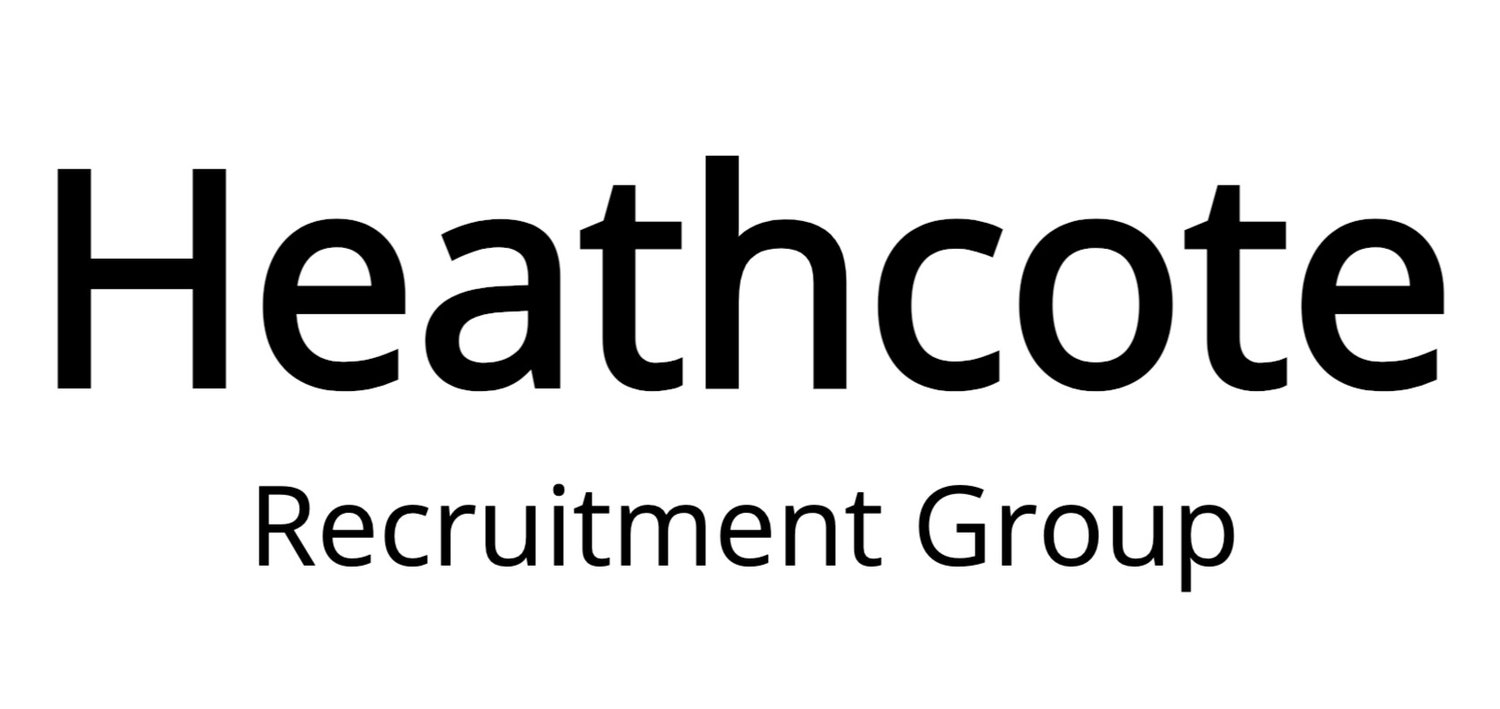If you’re a hiring manager, you’ve probably been there: You’ve found a candidate who is great on paper, but they’ve barely managed 12 months on the job. Whilst this happens all the time and it may not necessarily be anyone’s fault, there is a possibility that your candidate has left due to a misjudgement of cultural fit.
Hiring skilled people is one thing. But hiring skilled people who are going to fit in well into your corporate environment is quite another.
Here’s our tips on 4 ways to ensure you always make great hires.
Look for longevity
Look to those who have stayed within your business for a long time and find out why they have stayed and what they like most about working there. These people are key to exploring your workplace culture because as much as they are experts by experience, they have also been major players in creating it.
Also, when looking at candidate CVs, don’t underestimate the problems that might arise by hiring someone who has a choppy CV. Unfortunately moving around is a habit that is likely to reoccur.
What’s great about your working environment?
Consider the characteristics of those who appear happiest working within your organisation and examine the ways in which the environment suits these people best. For instance, you may feel that your large open-plan office fosters a great social, energetic and lively work style and atmosphere. Those who are team-players and keen to get involved might thrive best here, whilst those who are easily overwhelmed and enjoy a small company feel might be better placed elsewhere.
Examine your values
Gauge the value of what your company offers, potentially via an employee survey, to understand what employees feel are most important and most valued benefits of working for you. Hiring successfully is as much about what the candidate can give you as it is ensuring you can give them what they need to stick around. If you understand your offering fully, you can consider at interview whether the candidate will be satisfied.
Work Patterns
All businesses have inherent work patterns which are more apparent to outsiders than they are for those who are part of the routine. It is worth taking a step back to consider how the working day takes place - the norms in your office might not suit everyone. For example, your roles may demand a longer working day than average which is compensated for with higher than average salaries. On face value your high salaries may attract new recruits who then discover the long working hours and don’t stick around. By identifying these elements you can present them at interview and deter those who would have been put off by it anyway at a later stage.



